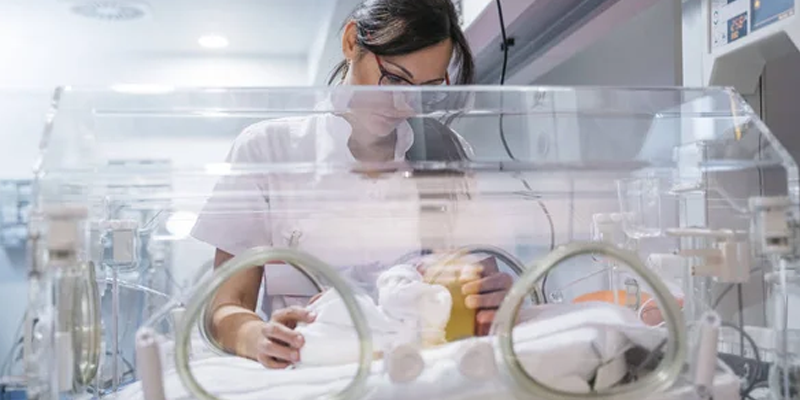
A neonatologist is a specialized medical doctor who focuses on the care and treatment of newborn infants, particularly those who are premature, critically ill, or have complex medical conditions. Neonatology is a subspecialty of pediatrics that deals with the first few weeks or months of a newborn's life. In this article, we will explore the responsibilities, skills, and importance of a neonatologist.
Neonatologists are trained to provide specialized care for newborn infants who require intensive medical attention. They are skilled in diagnosing and treating a wide range of conditions that affect newborns, including respiratory distress syndrome, prematurity complications, birth defects, infections, and metabolic disorders. They work in neonatal intensive care units (NICUs) where they collaborate with a team of healthcare professionals to provide comprehensive care.
One of the primary responsibilities of a neonatologist is to stabilize and manage the health of premature infants. They closely monitor the newborn's vital signs, respiratory function, heart function, and other important parameters. They may need to provide respiratory support, administer medications, or perform procedures to support the baby's development and well-being.
Neonatologists also provide care for critically ill infants who may require life-saving interventions. They have expertise in managing conditions such as sepsis, congenital heart defects, neurologic abnormalities, and gastrointestinal disorders. They make critical decisions regarding the need for specialized treatments, surgeries, or transfers to higher levels of care.
In addition to acute medical care, neonatologists focus on long-term follow-up and developmental support for premature or critically ill infants. They work closely with other healthcare professionals, including occupational therapists, speech therapists, and physical therapists, to ensure that the infant's developmental needs are addressed. They provide guidance to parents on feeding, growth monitoring, immunizations, and overall care for their newborn.
Neonatologists also play a significant role in providing emotional support to parents during a stressful and uncertain time. They communicate effectively with parents, explaining the newborn's condition, treatment options, and expected outcomes in a compassionate and understandable manner. They help parents navigate the NICU environment, address their concerns, and involve them in the decision-making process.
To be a successful neonatologist, one must possess several key skills. Excellent clinical skills and knowledge of neonatal medicine are essential for accurate diagnosis and treatment. Neonatologists must have strong decision-making abilities to handle complex and critical situations. They also need exceptional communication skills to effectively interact with parents, other healthcare professionals, and the interdisciplinary team in the NICU.
The importance of neonatologists cannot be overstated. Their specialized training and expertise make a significant difference in the outcomes of newborn infants, particularly those who are premature or critically ill. They provide specialized medical care, emotional support, and guidance to parents during a vulnerable time. Their efforts contribute to improving the survival rates, reducing complications, and promoting healthy development for newborn infants.
The importance of neonatologists cannot be overstated. Their specialized training and expertise make a significant difference in the outcomes of newborn infants, particularly those who are premature or critically ill. They provide specialized medical care, emotional support, and guidance to parents during a vulnerable time. Their efforts contribute to improving the survival rates, reducing complications, and promoting healthy development for newborn infants.
